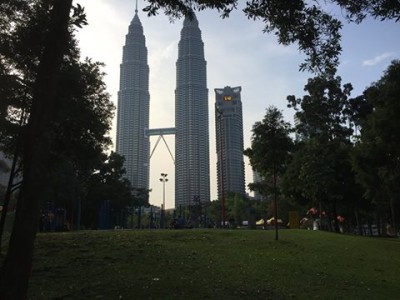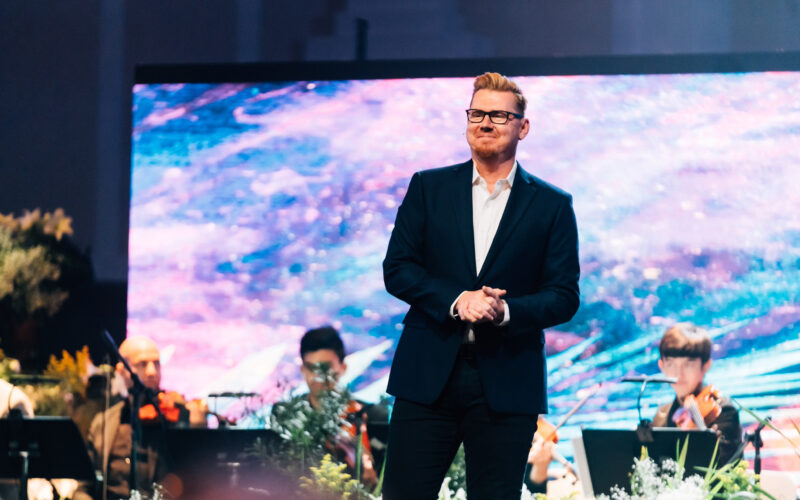In March 2016, ten people from NOBTS traveled to Kuala Lumpur (KL), Malaysia on a mission trip. Before we left we prepared to witness in that largely Muslim country using Any Three, a contextual witnessing method developed by Mike Shipman.
A worker there, a NOBTS graduate, gave us guidance as we went out into KL, a global city, and the largest city in Malaysia. As one of the five cities that the International Mission Board has included in the Global Cities Initiative (GCI), KL is a city in which you can get along in English. No translators were needed as our team spread out in this Southeastern Asia city. Through the GCI, the IMB hopes to encourage many to go as self-supporting volunteers to these cities to join with long term workers in reaching these urban centers for Christ.
About 50% of the population of Malaysia is Malay. Almost 100% of Malays are Muslim. A number of other ethnic groups make up the rest of the population. There are many churches in the country, but almost all of them are made up of non-Malays. In fact most churches do not welcome Malays into their fellowships for fear that the Malaysian Government will punish their churches. It is a crime in Malaysia for a Muslim to convert to Christianity. Many churches fear that any involvement with evangelizing Muslims would have a negative impact on them.
Our team, using the Any Three method, was able to share Christ with scores of people in KL, mostly Muslims. There are also many refugees and immigrants in Malaysia. Refugees have it especially hard there. They are not allowed to work and they cannot send their children to public schools. There is great opportunity to reach out to refugees and immigrants.
 One of my best witnessing encounters happened in the National Mosque of Malaysia. I met a young couple having a picnic lunch with their two small children in the mosque. I was able to engage them in a conversation and was able to move right into a gospel presentation. They were responsive as I shared. The wife was surprised to hear me say that I was assured of the forgiveness of my sins. Muslims do not feel they can be sure that their sins are forgiven. The wife also asked me if I had peace in my life.
One of my best witnessing encounters happened in the National Mosque of Malaysia. I met a young couple having a picnic lunch with their two small children in the mosque. I was able to engage them in a conversation and was able to move right into a gospel presentation. They were responsive as I shared. The wife was surprised to hear me say that I was assured of the forgiveness of my sins. Muslims do not feel they can be sure that their sins are forgiven. The wife also asked me if I had peace in my life.
As I finished the presentation I felt that the Holy Spirit was working in their hearts. I asked them if what I had said made sense. There was a positive response. But when I asked if they were ready to commit their lives to Christ, there was an awkward silence and then a quick departure. The cost must have appeared too high. They had much to lose in the world’s view. I still pray for this couple and am thankful for the opportunity to share Christ with them. May the Lord send out workers into his harvest.



